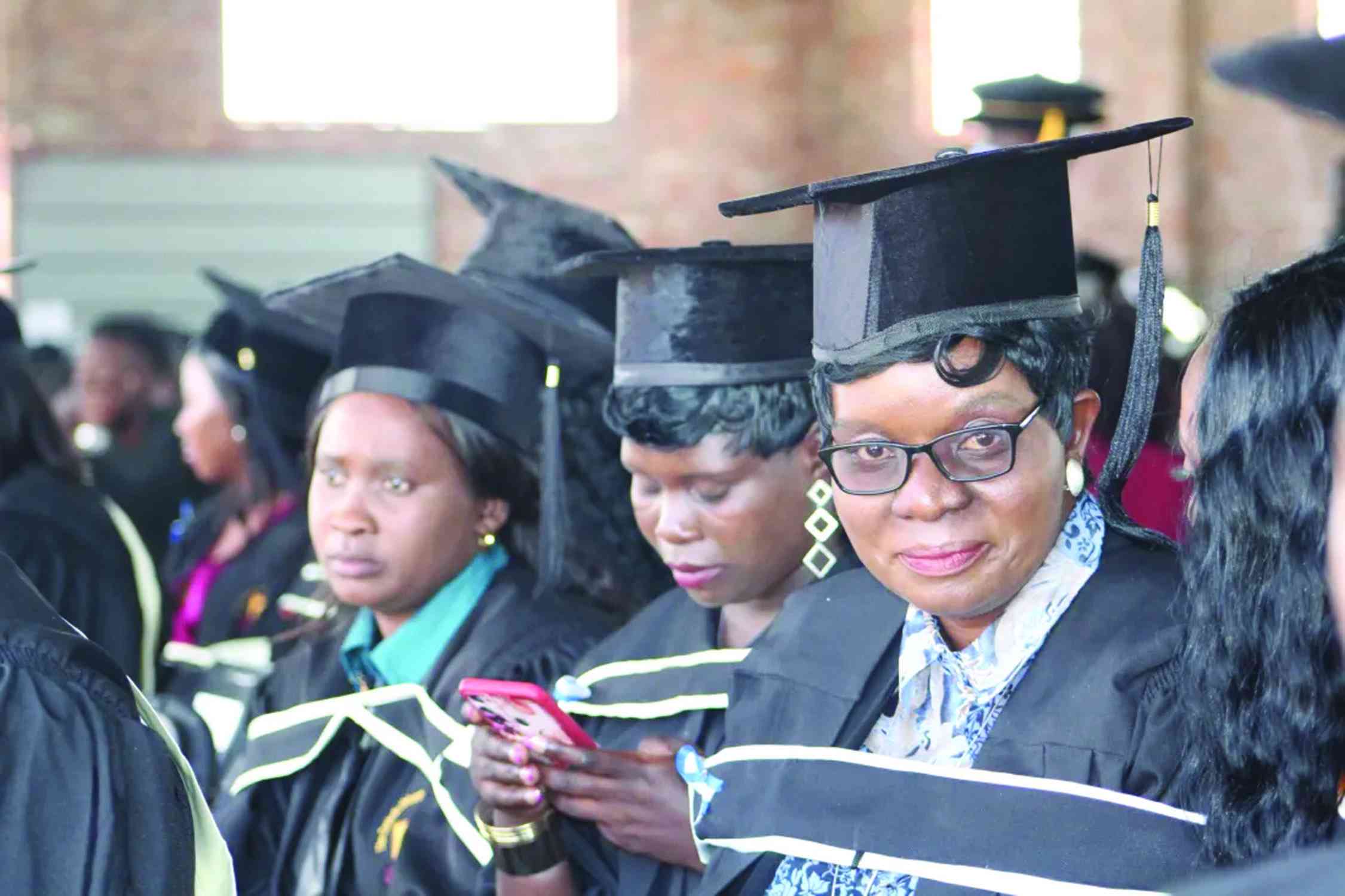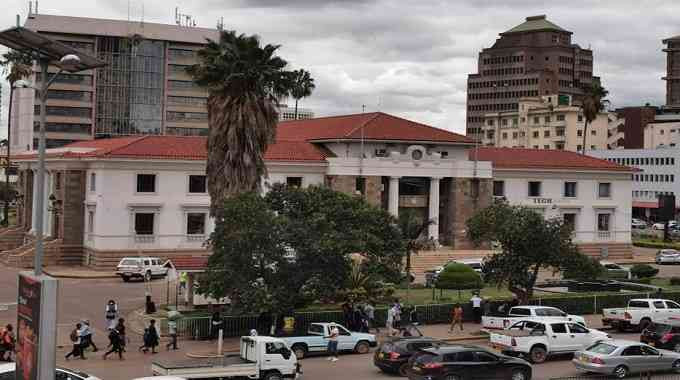
I WRITE to you, not out of political ambition or self-interest, but out of deep concern for our future the students of Zimbabwe.
I must first apologise for resorting to writing to you directly through this public platform. Ordinarily, such matters would be handled quietly through appropriate ministry channels.
However, Mr President, desperate times call for direct appeal. The current policy where universities and colleges are charging full tuition fees during periods when students are on industrial attachment or placement is not only unjust, but also morally indefensible.
Why is Zimbabwe, out of all nations on the planet, the only country that insists on this illogical and harmful practice? I ask this question as a concerned citizen, a parent and an advocate for fairness.
When students are deployed to companies, hospitals, schools, farms, non-governmental organisations (NGOs) and industries as part of their academic requirement, they are no longer consuming the day-to-day campus resources that justify fees. There are no lectures, no use of lecture rooms, no library facilities, no WiFi and no practical tutorials. Yet the burden of fees persists.
Mr President, this is happening under your watch and respectfully, it must stop.
Let us speak plainly, this practice is economically unjustifiable. Most of our students come from families that are already struggling to make ends meet.
Zimbabwe’s economic environment, though gradually stabilising, is still far from ideal. Parents and guardians are selling livestock, household goods and relying on diaspora remittances just to keep their children in school. Many students are forced to work part-time jobs, not to gain experience, but simply to survive. Now imagine the emotional and psychological pressure when these same students are told to pay full tuition while working often unpaid during industrial attachment.
- Mavhunga puts DeMbare into Chibuku quarterfinals
- Bulls to charge into Zimbabwe gold stocks
- Ndiraya concerned as goals dry up
- Letters: How solar power is transforming African farms
Keep Reading
What makes this even more painful is that these placements are usually not funded. Most host companies and institutions do not offer stipends, nor do they provide accommodation or transport.
In some cases, students are posted to remote areas such as rural hospitals, commercial farms, or mining towns with no financial support. And yet, the institution that sent them there still demands fees. For what exactly? For not being on campus?
Mr President, I am aware that your government has emphasised education as a pillar for national development. You have championed innovation hubs, research and development initiatives and Stem-focused education.
These are commendable efforts, and we thank you for your leadership. But how can we build a knowledge-driven economy when the very same institutions that are meant to uplift young minds are extorting them under the guise of policy?
Allow me to put forth a fair and practical proposal.
Through your esteemed office, I kindly and urgently request that you direct the Ministry of Higher and Tertiary Education, Innovation, Science and Technology Development to immediately instruct all public and private universities, polytechnics and colleges to cease the charging of tuition fees for students during periods of industrial attachment.
If there is a legitimate need for administrative or placement-related fees, these should be clearly itemised, significantly reduced and communicated transparently.
Alternatively, institutions can explore more innovative ways of raising revenue, partnerships with the private sector, research grants, government innovation funds or alumni support structures. Our universities must evolve from being mere fee-collection entities to engines of innovation and self-sustenance.
I know there may be pushback from institutions claiming that attachment is part of the curriculum. But even if that is so, the question remains, what services are being provided during that period that warrants full fees? None.
If institutions feel the financial strain, then let them also innovate and cut unnecessary administrative costs instead of passing that burden to already impoverished students.
Yesteryear the Zimbabwe Manpower Development Fund (Zimdef) used to play a major role in funding students who were on attachment for their upkeep.
This has since stopped. Why? Companies are still contributing towards Zimdef. Where is this money going? When we were at university we used to get grants to assist in the tuition fees. Why were these stopped? Above all, many progressive countries such as Namibia, have introduced free university education. Is this not the way to go, Mr President?
Let us not turn education into a punishment. Let us not penalise students for doing the right thing, applying their knowledge practically and gaining the work experience that the job market desperately requires.
Let us not raise a generation of bitter, disillusioned graduates who look back on their education with pain instead of pride.
Mr President, this is a matter of justice. This is about protecting the vulnerable. This is about aligning our education policies with the economic realities faced by millions of Zimbabweans. If we truly believe in building Zimbabwe brick by brick, then we must also tear down the policies that are unjust, out-dated and harmful to progress.
Please act. Please intervene. Let your legacy reflect a president who did not just speak of transformation, but who stood with students when it mattered most.
Mr President, your leadership is respected across the region. Now, let that leadership be felt in lecture rooms, in rural hospitals, in farm compounds and in small town lodgings where our young men and women struggle every day to fulfil the simple dream of being educated.
- Mutisi is the CEO of Hansole Investments (Pvt) Ltd. He is the current chairperson of Zimbabwe Information & Communication Technology, a division of Zimbabwe Institution of Engineers. — +263772 278 161 or [email protected].











